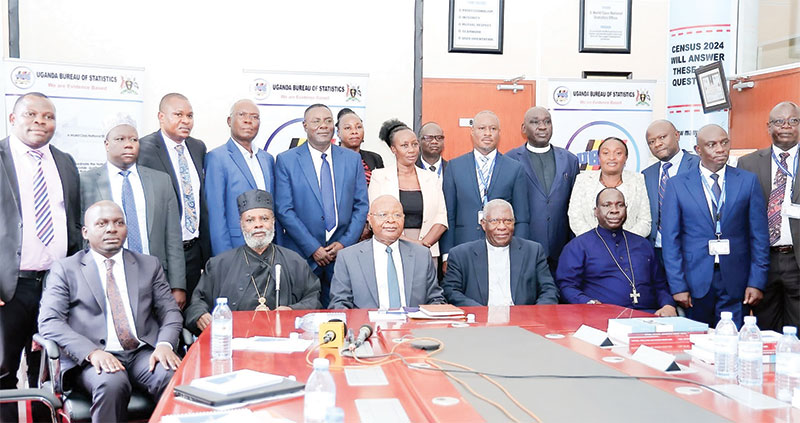
The Uganda Bureau of Statistics (UBOS) has urged religious leaders to intensify their role in the fight against poverty by integrating statistical data into their community interventions. Speaking during a recent engagement with the Inter-Religious Council of Uganda (IRCU), UBOS Executive Director Dr. Chris Mukiza emphasized that faith institutions, which command influence over most Ugandans, can play a transformative role if guided by evidence-based strategies.
Drawing on findings from the 2023/24 Uganda National Household Survey and the 2024 Census, Dr. Mukiza highlighted that more than 7.3 million Ugandans still live below the absolute poverty line of one dollar a day, with rural communities and regions such as Karamoja, Busoga, and West Nile carrying the heaviest burden. He noted that using accurate and timely statistics would enable religious leaders to tailor their poverty alleviation efforts more effectively, ensure accountability, and direct resources where they are most needed.
In response, IRCU leaders announced plans to establish an Integrated Statistics Data Center to support faith-based organizations in gathering, protecting, and utilizing data for social and economic development programs. Metropolitan Jeronymos Muzeeyi, who represented the council, said the initiative would strengthen service delivery and improve planning by anchoring community programs in reliable statistics.
UBOS pledged to provide technical support and capacity-building in data management, citing its ongoing partnership with the Buganda Kingdom as an example of how localized statistics can be used to improve service delivery. According to Dr. Mukiza, empowering religious leaders with statistical tools will not only enhance the impact of their programs but also complement national poverty reduction strategies.
With nearly 90 percent of Ugandans identifying with faith communities, UBOS believes the collaboration with religious leaders could significantly accelerate progress in tackling poverty, reduce vulnerabilities, and promote sustainable livelihoods across the country.